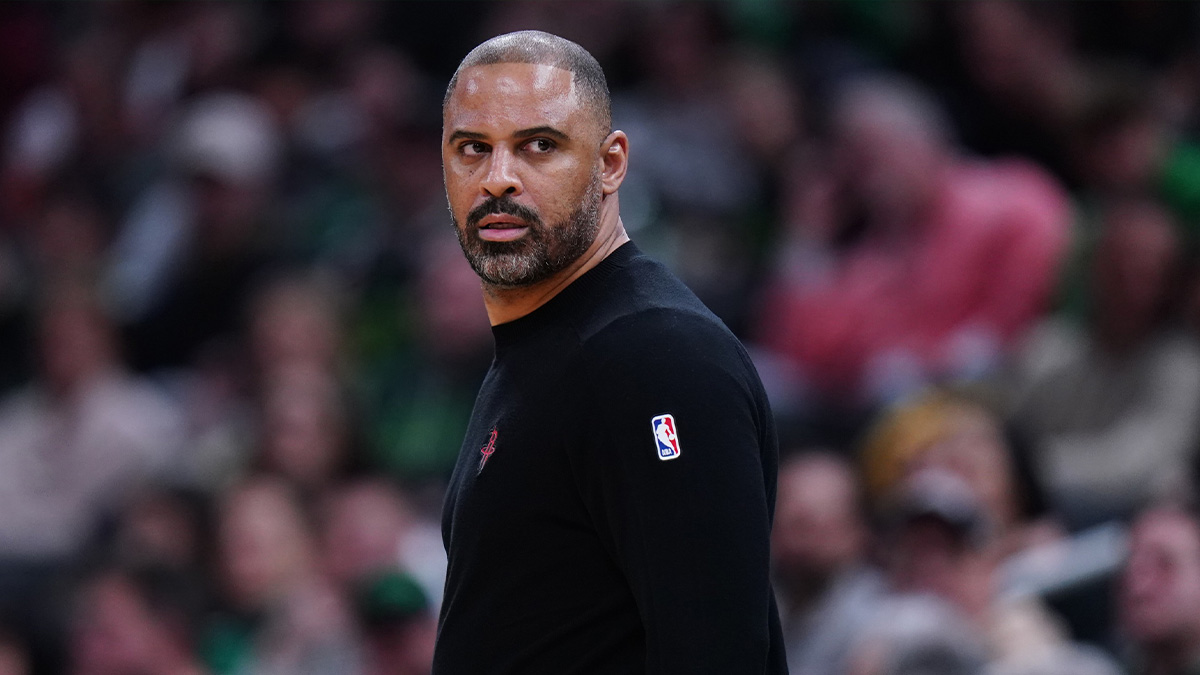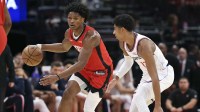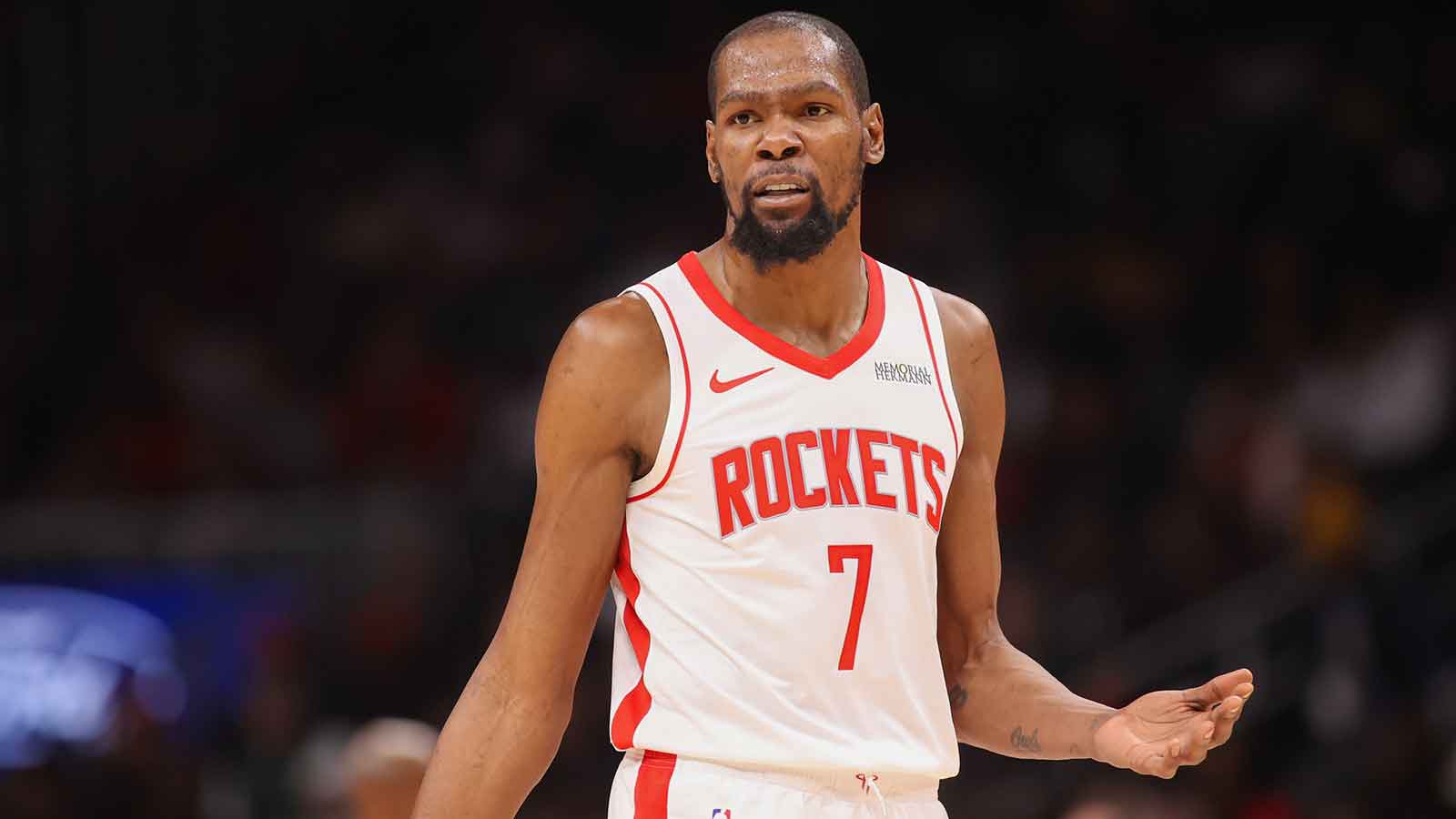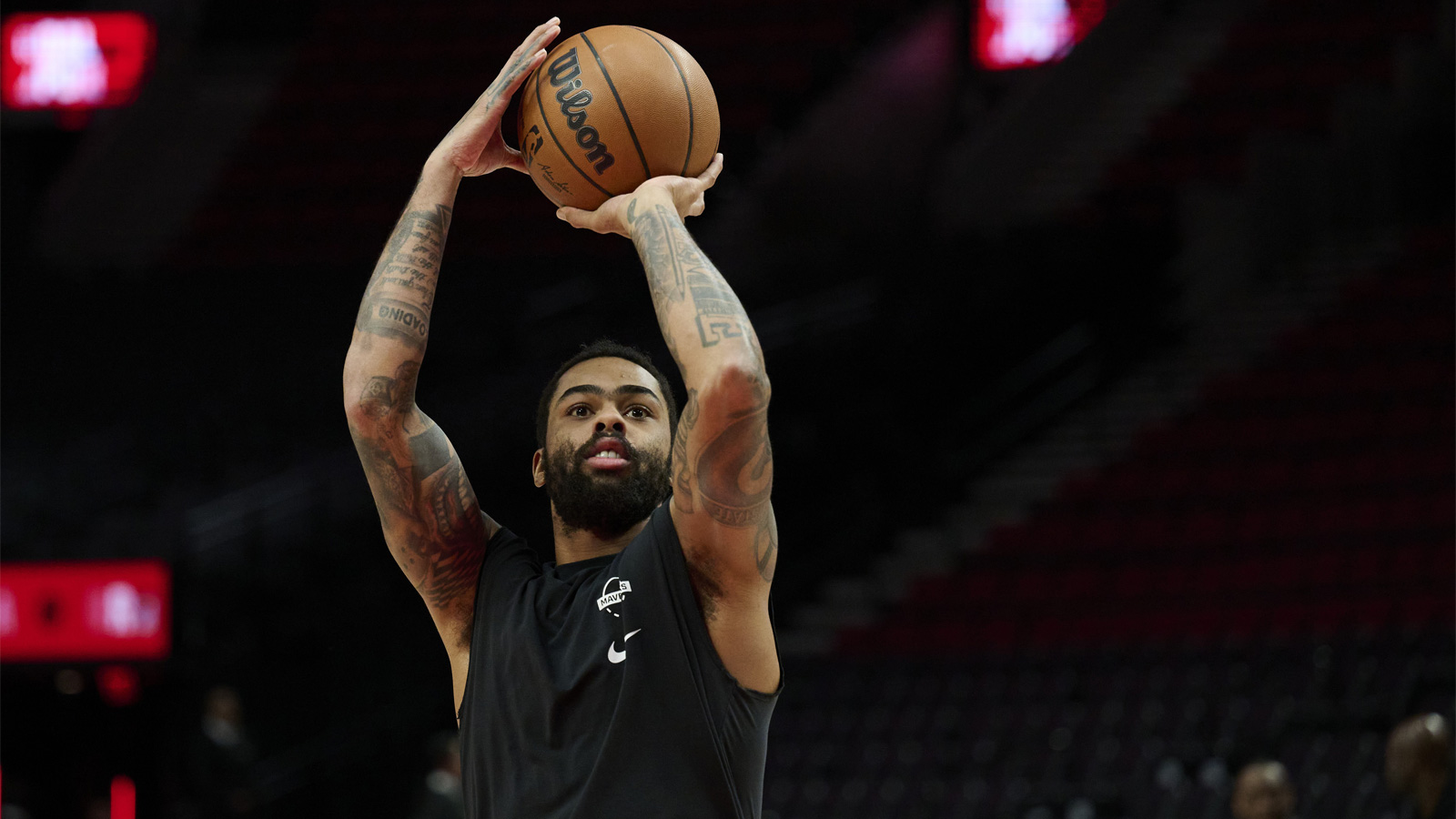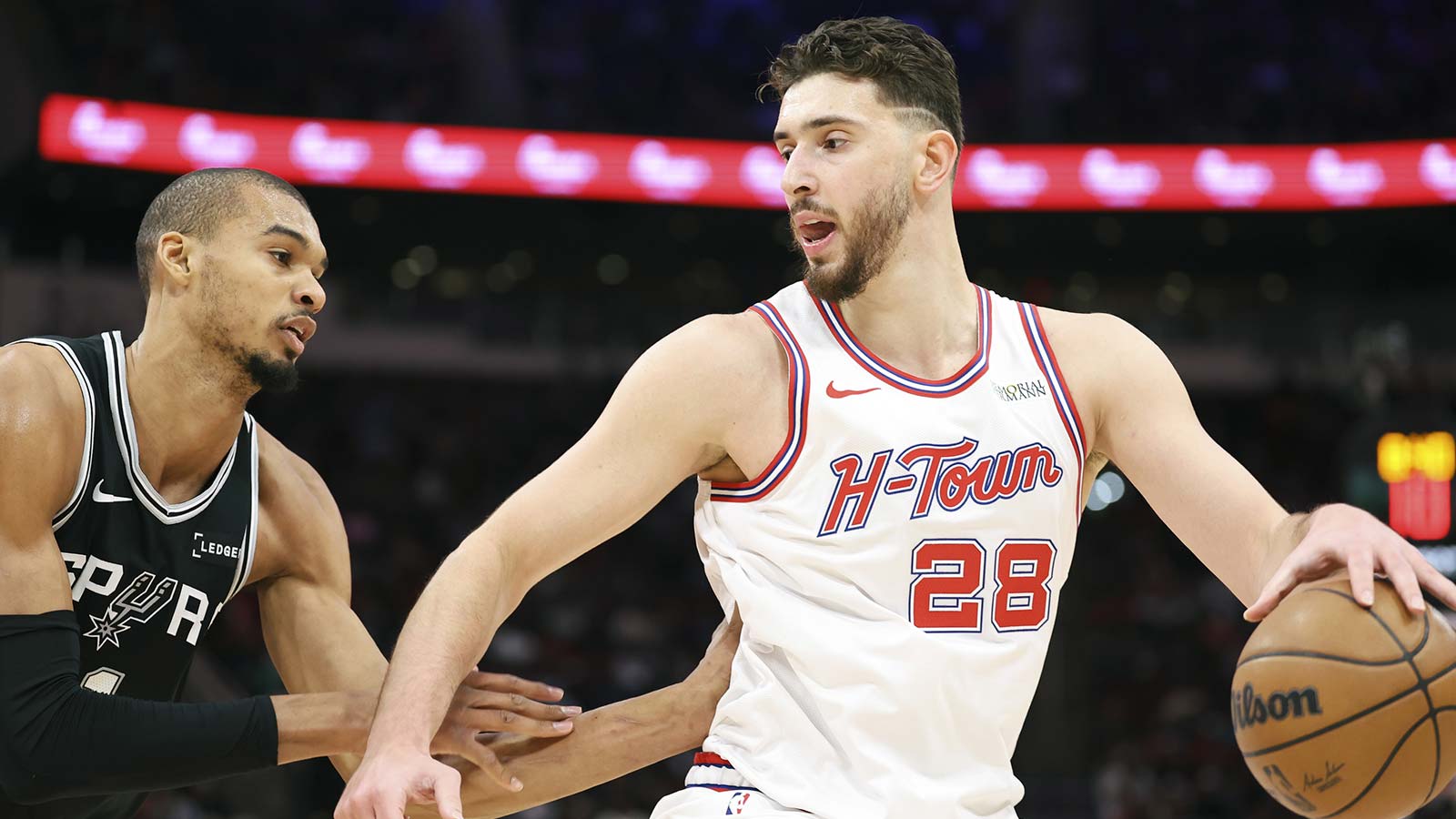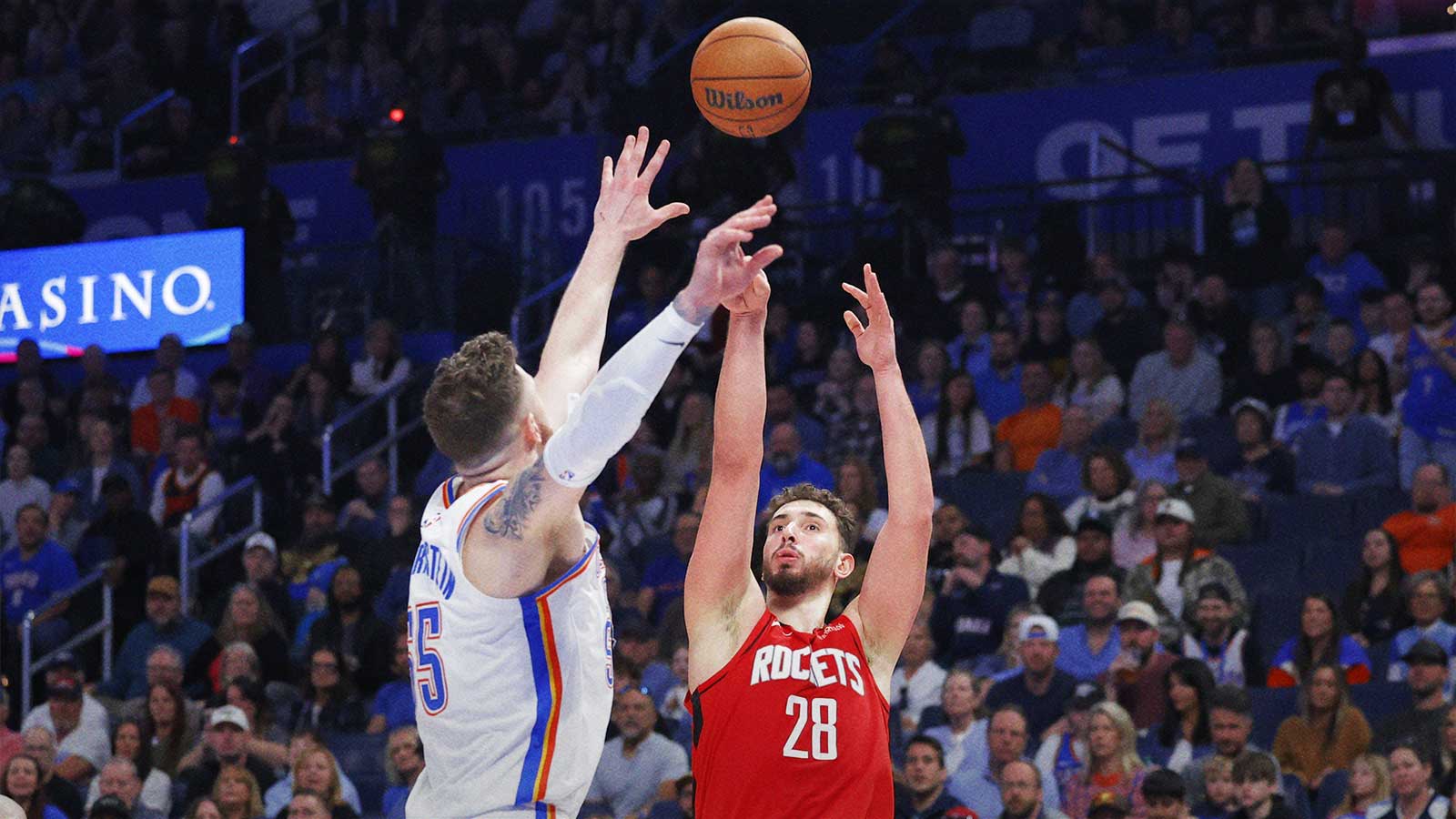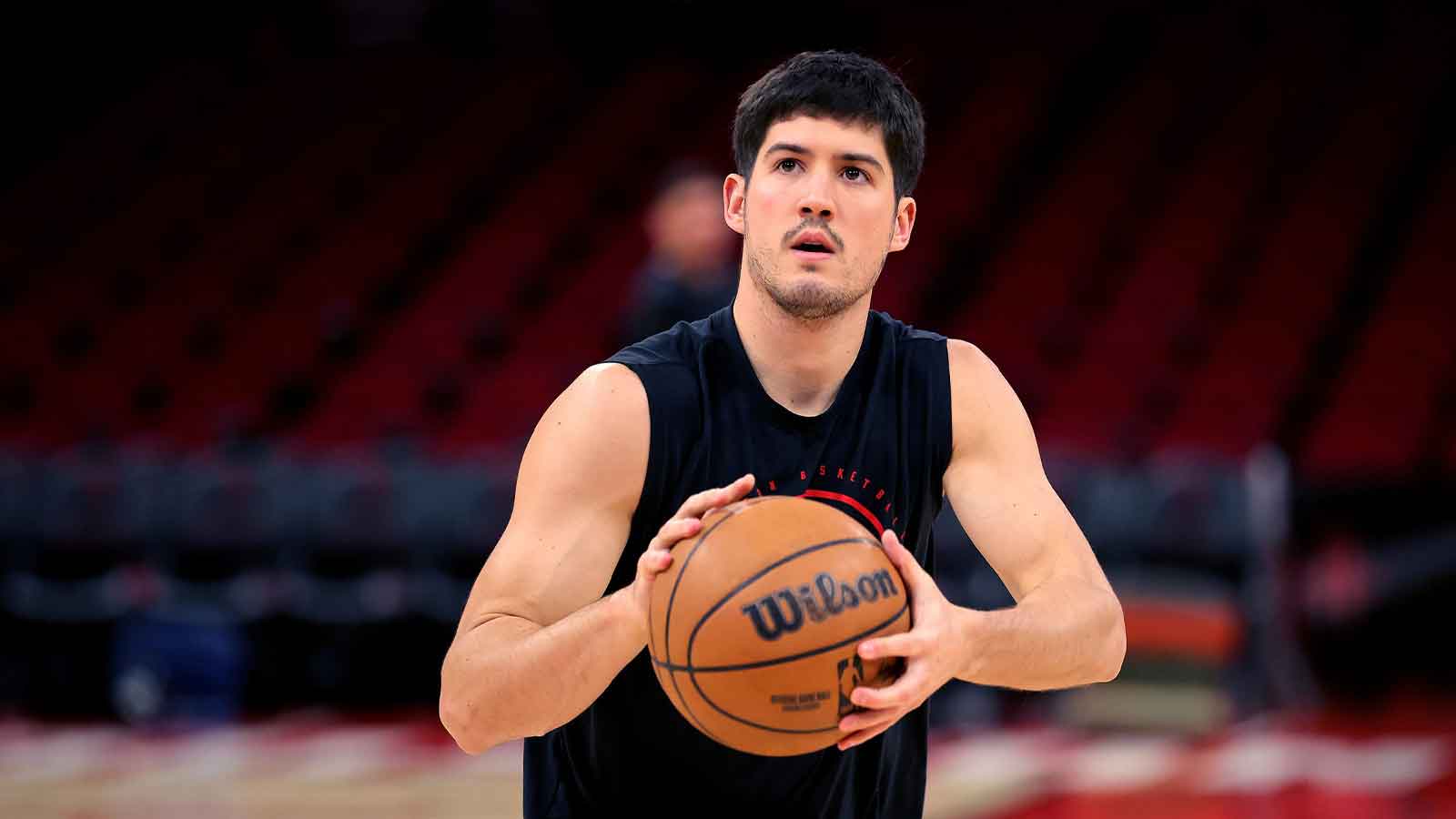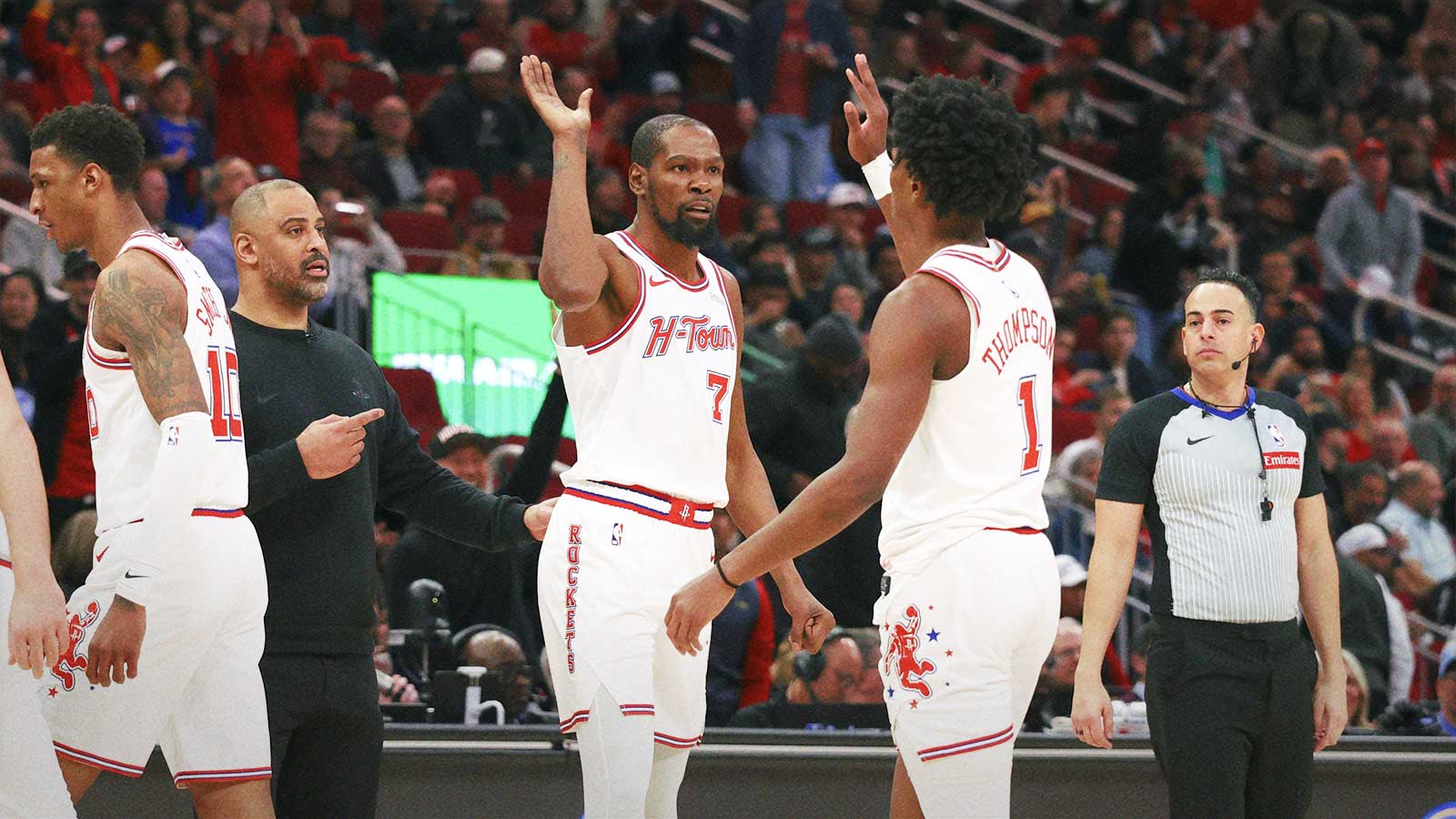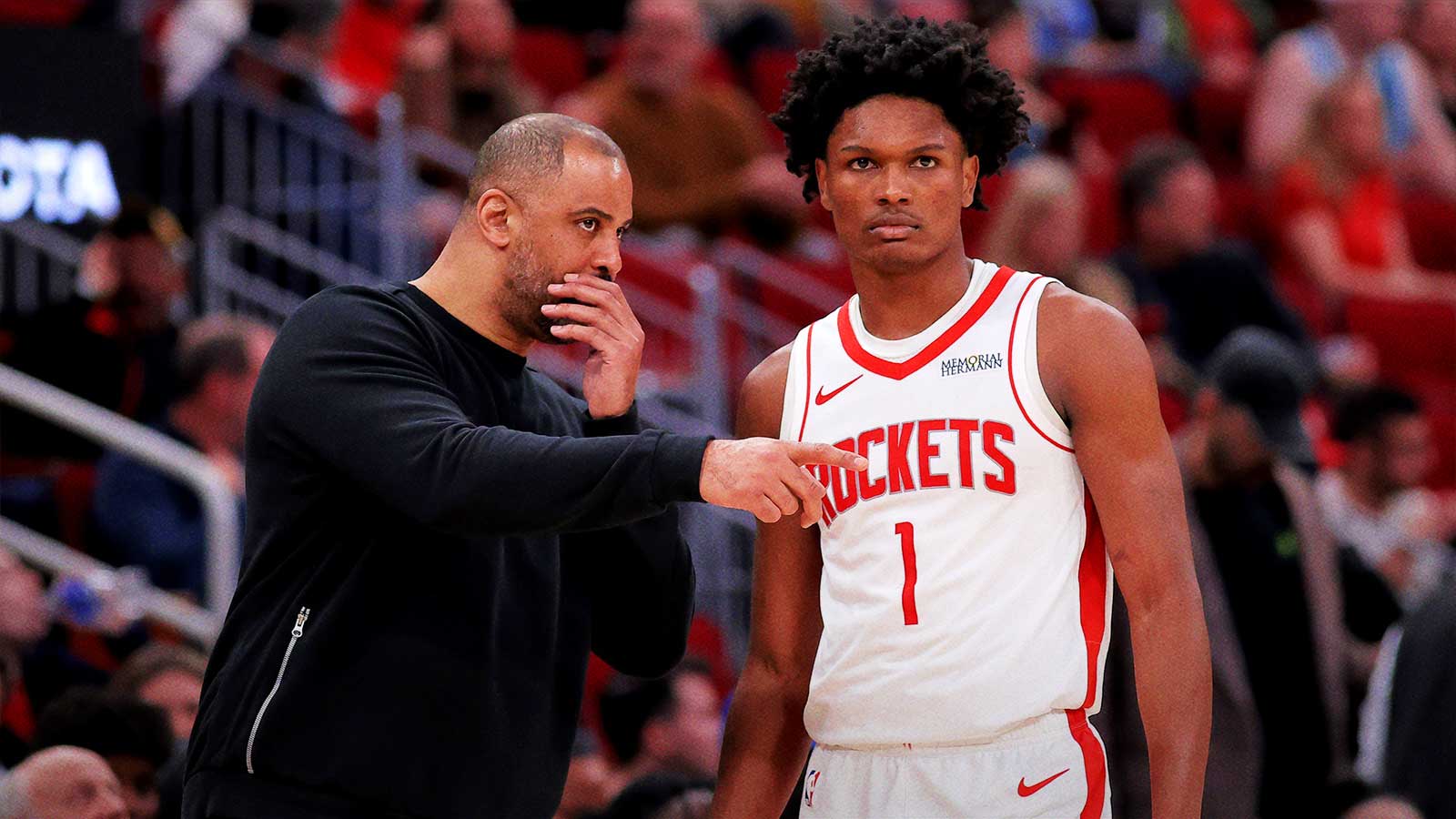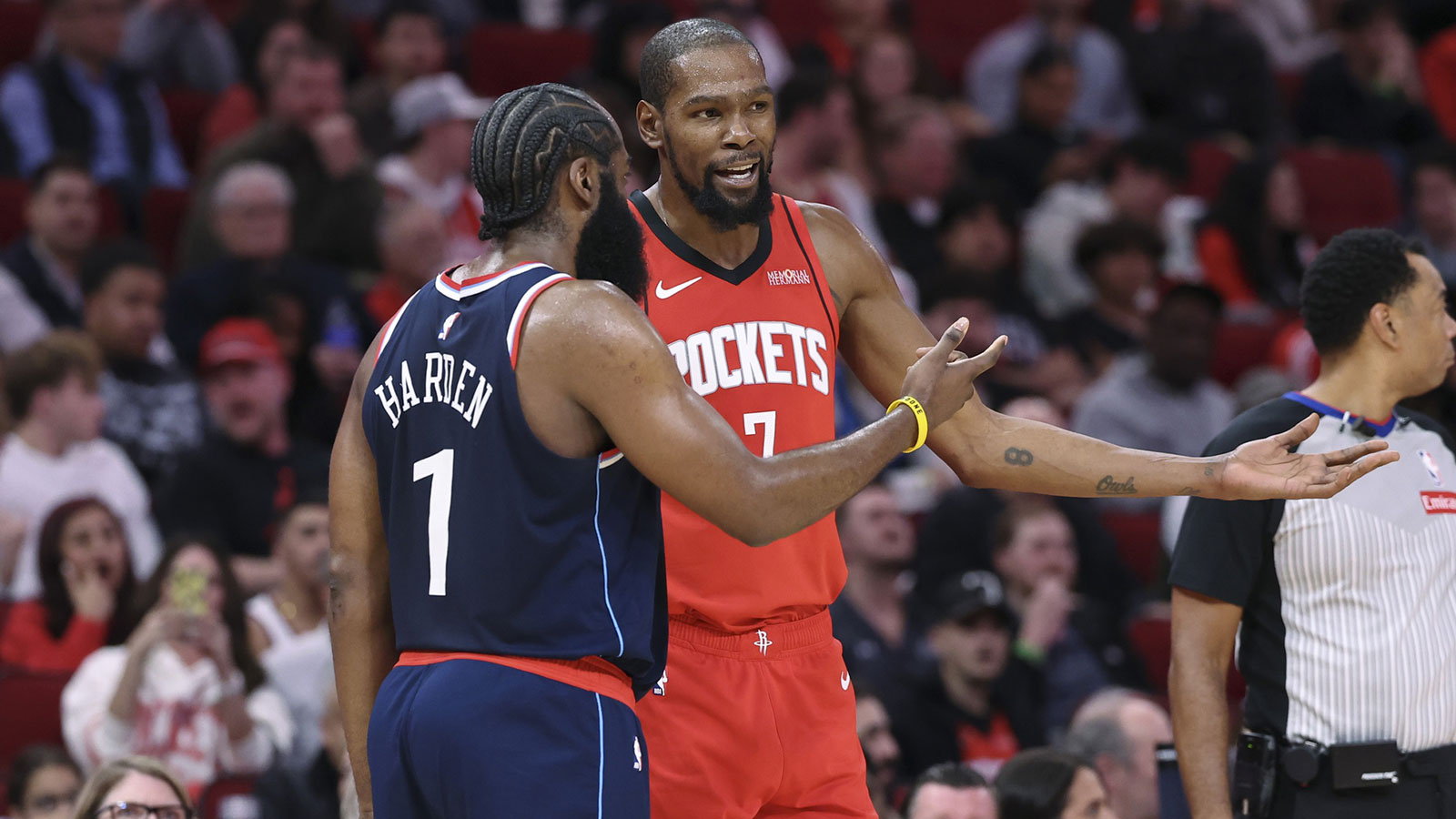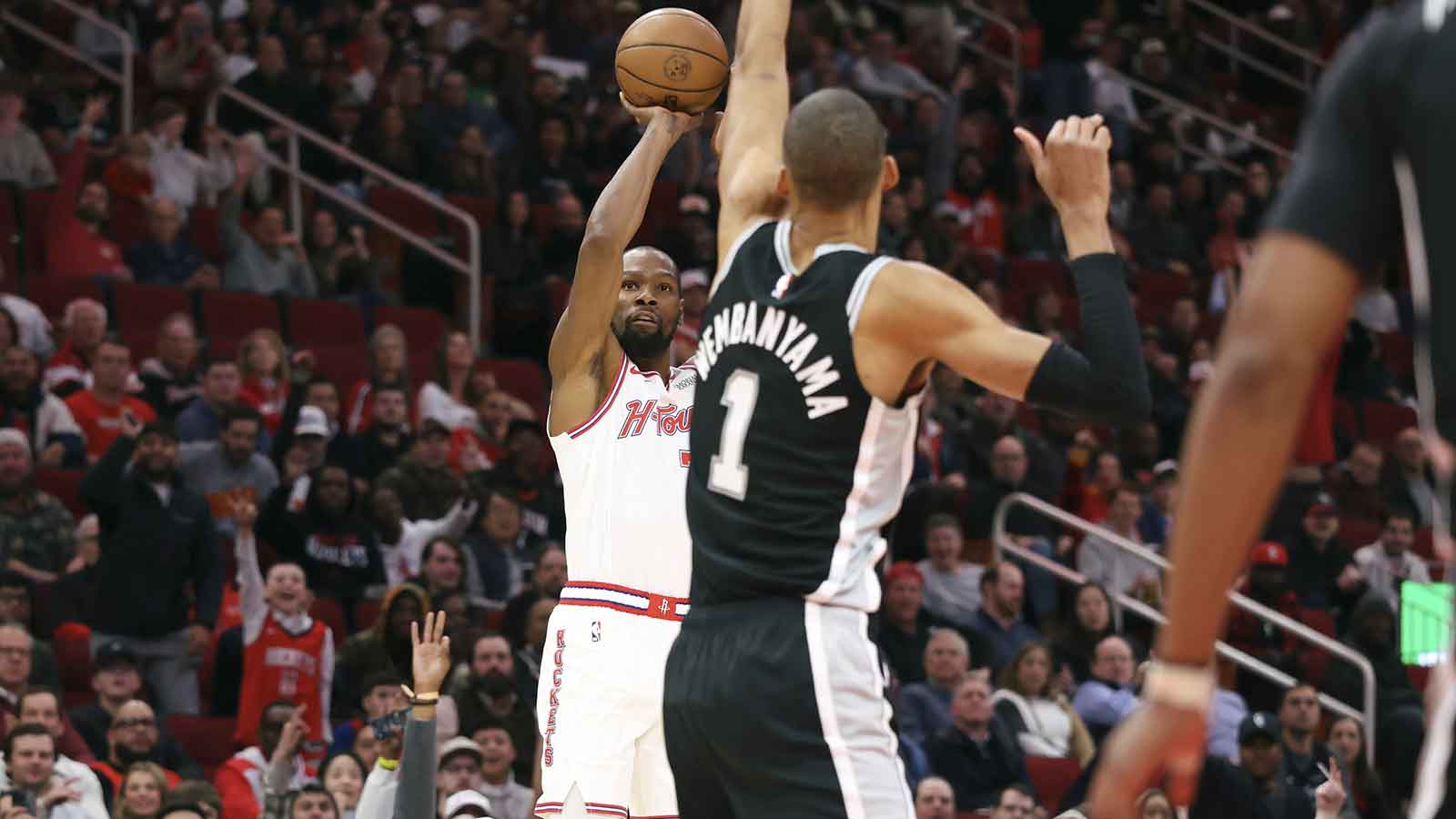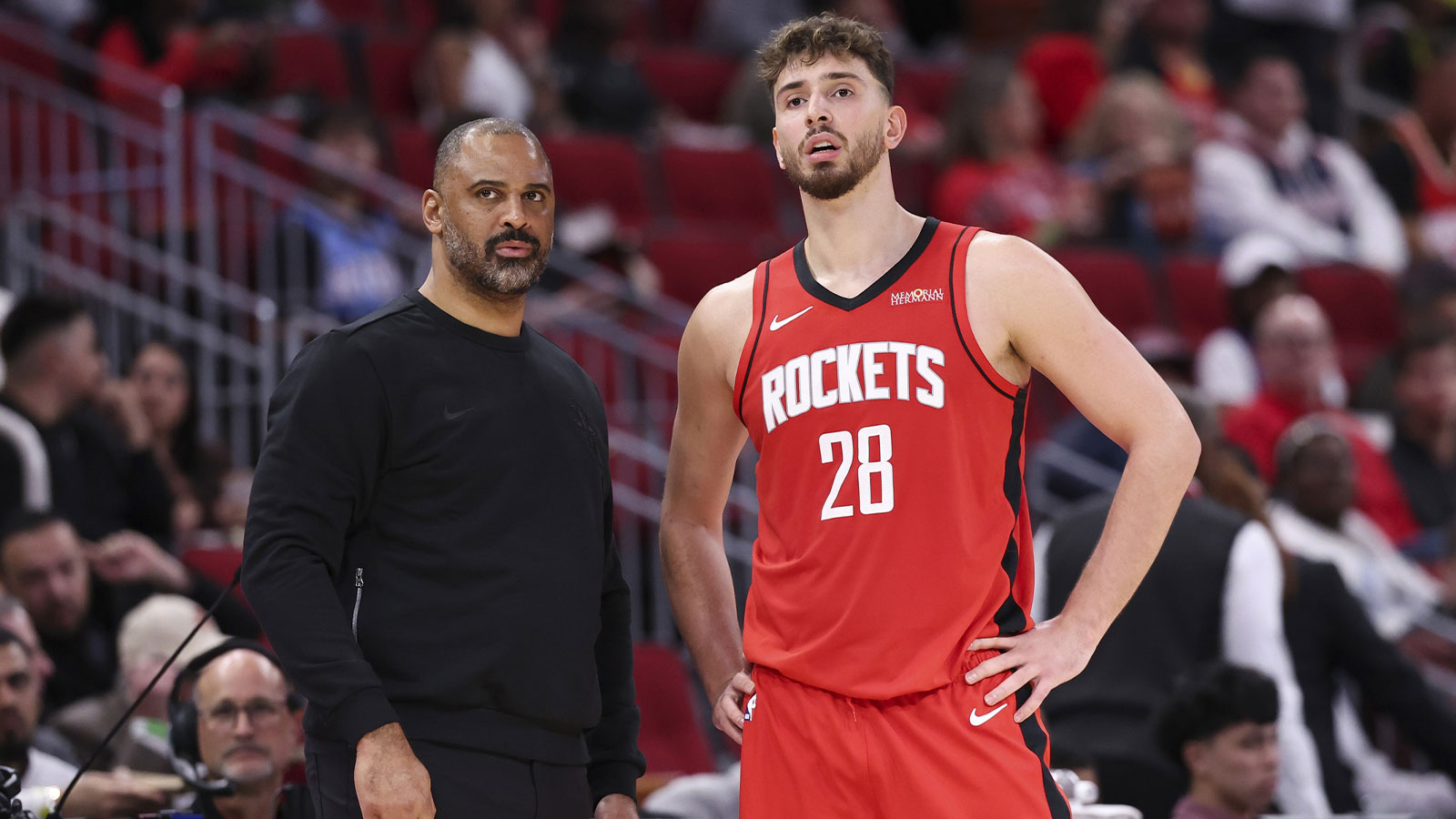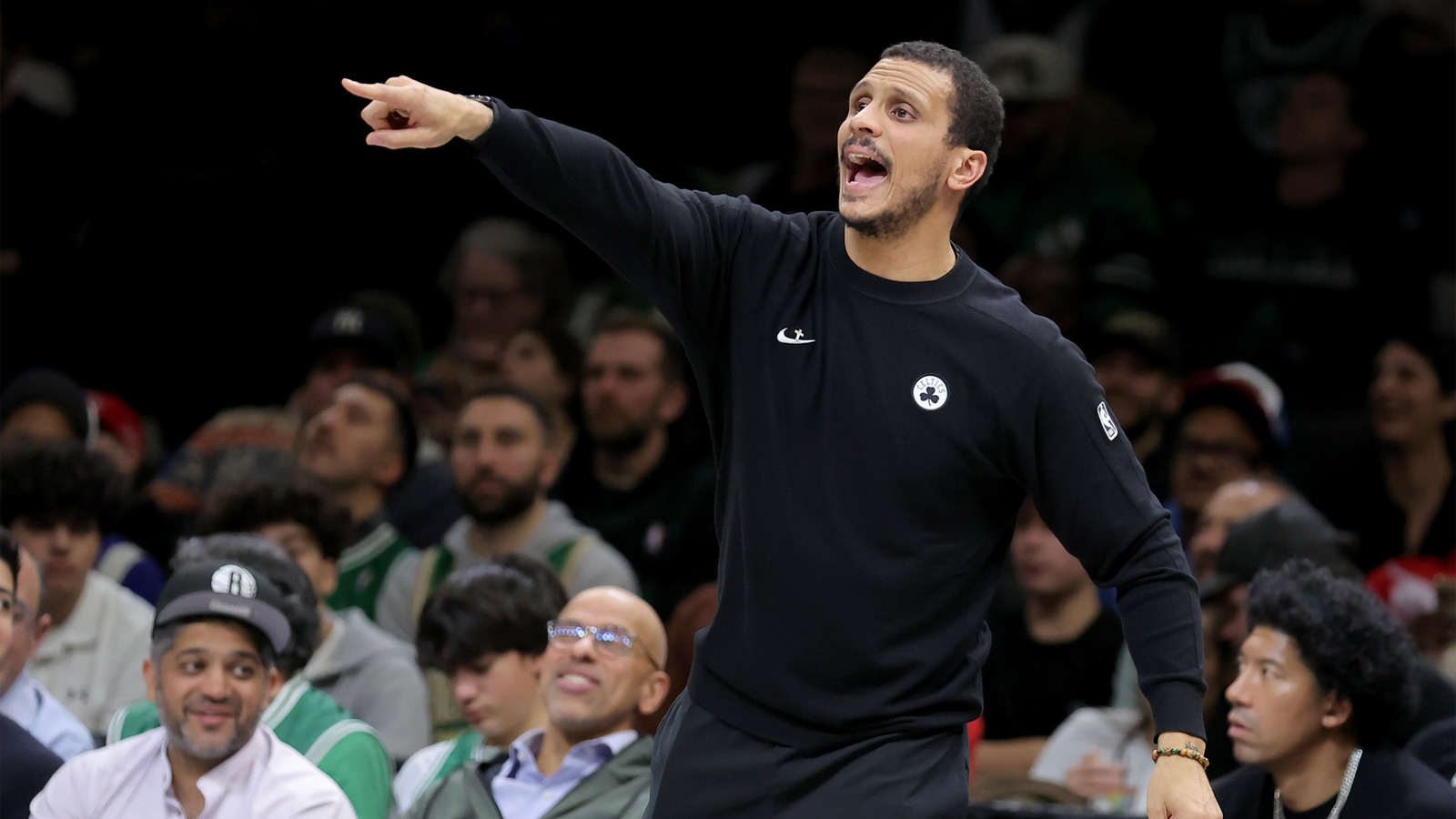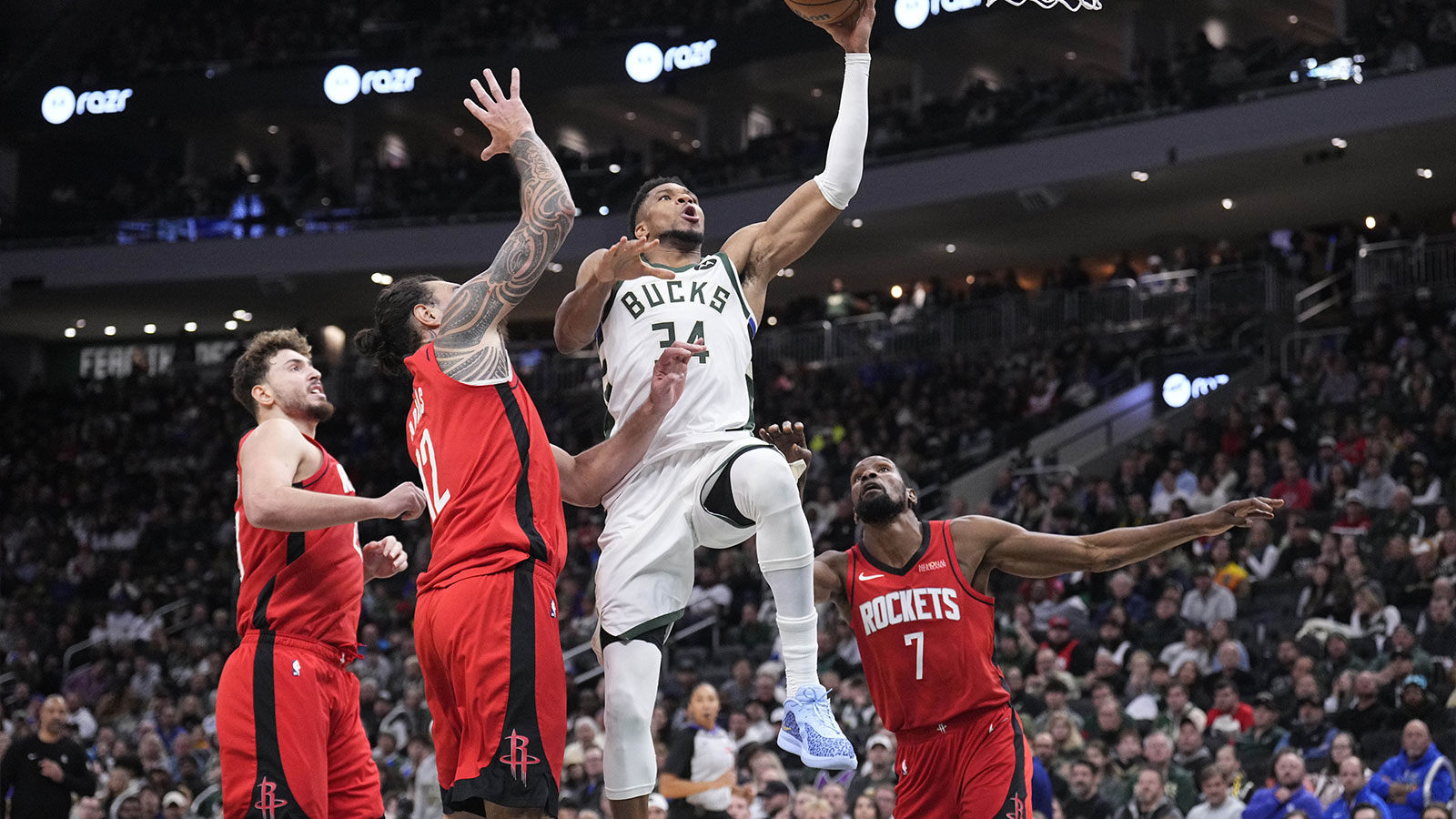The Brooklyn Nets were just what the doctor ordered for the Houston Rockets, as the Rockets picked up their much-needed first win of the season in Monday's home opener, 137-109.
The Rockets were 15.5-point favorites against an already 0-4 Brooklyn team that has surrendered the most points through four games in franchise history. This was as close to a gimme as you'll find in the NBA.
Still, the performance was notable for another reason: the Rockets changed up their starting lineup for the first time — and it paid off.
Despite leaning into the double-big configuration for the better part of the last nine months, it was actually a switch to a more traditional starting five that sparked the Rockets, getting them off the schneid. Houston's 137 points marked the eighth-highest regulation total during Udoka's tenure.
Udoka chose to slot the 6'4” Josh Okogie into the starting lineup for the first time, replacing the 6'11” Steven Adams. And while Okogie only chipped in 10 points of his own, his presence opened the floor and created better opportunities for his teammates.
Though a small sample size, the Rockets entered Monday's game last in the league in pace and 26th in assist rate — assisting on only half of their baskets. Two metrics that Houston would like to see much improve, and the new lineup delivered.
With the Okogie-Adams swap, it allowed the Rockets to push the tempo, as they also assisted on 33 of 49 baskets.
More so, it also opened up opportunities for key contributors like Reed Sheppard and Tari Eason, who had their best performances of the young season. Eason, who had struggled out of the gate this year, posted his first career 20-5-5 game on 8-for-12 shooting off the bench. Meanwhile, Sheppard looked like the dynamic guard the Rockets have been waiting for since drafting him third overall last year, notching 15 points and eight assists, while also knocking down 3-of-7 three pointers.
Those two will have to play a vital role off the bench for this Rockets team to realize their expectations this season. Amen Thompson also looked more natural in his newfound point guard position, allowing him to dish out eight assists, as the offense flowed with far greater rhythm.
Whether this becomes a more consistent lineup, or just a situational wrinkle, remains to be seen. But the irony is clear: Houston spent the off-season doubling down on size (pun intended) — re-signing Steven Adams and making him a normal starter, bringing back Clint Capela for even more size, even adding Dorian Finney-Smith over another ball-handler. And yet, their best performance came with a smaller, more conventional lineup. Albeit, against the Nets.
It's the same problem former Rockets head coach Kevin McHale ran into back in 2013, when he paired 7-foot Omer Asik alongside 6'10” Dwight Howard in the starting lineup. McHale said he still wanted to play up-tempo, despite that lineup, something that proved challenging with two behemoths on the floor.
Following a sluggish 4-3 start, and three consecutive sub-100-point regulation performances, McHale decided to remove Asik from the starting lineup. Asik made seven more starts the rest of the season, but never alongside Howard again. The Rockets went on to win 54 games that season, including eight of their first 10 following the swap of Asik for the more athletic Terrence Jones. Sound familiar?
It would be rash to abandon the offseason plan after just three games and a matchup with the slump-busting Nets. But it will be interesting to see how Udoka juggles the lineup throughout the year in an attempt to get the best of both worlds. As the saying goes, the best-laid plans of mice and men oft go astray.

